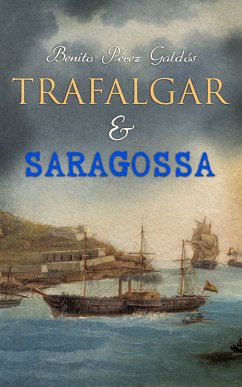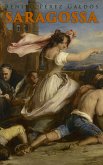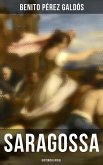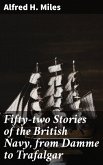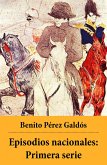"Trafalgar" is the historical novel of the Battle of Trafalgar. The action is narrated in the first person by Gabriel de Araceli, a heroic character, mixing his romantic and often folkloric biography. Gabriel is presented as a rogue orphan from Cádiz, who at the age of 14 gets involved in the battle of Trafalgar as a servant of an old Navy officer in the reserve. The action takes place in October 1805 and narrates with a certain epic rhythm, the preparations, development and outcome of the battle, with the boy enlisted in the Santísima Trinidad, flagship of the Spanish Navy. "Saragossa" - Through the first-person narration of Gabriel de Araceli, the novel describes the second siege of Zaragoza, which occurred in January and February 1809, during the War of Independence between Spain and France. The story depicts one of his most stark pictures of the violence of the war, with meticulous descriptions of the preparations for the defense of the city, under General Palafox, the war skirmishes, the lack of food, the technical and material superiority of the French and the yellow fever epidemic that decimated the population of a Zaragoza.
Dieser Download kann aus rechtlichen Gründen nur mit Rechnungsadresse in A, B, BG, CY, CZ, D, DK, EW, E, FIN, F, GR, H, IRL, I, LT, L, LR, M, NL, PL, P, R, S, SLO, SK ausgeliefert werden.

